The year 2023 for business units
In 2023, the electricity market calmed down in the aftermath of the energy crisis. The price levels became more reasonable in the course of the year, but the fluctuating electricity market is here to stay. We still managed to achieve our goals of reducing emissions in our production and increasing the number of renewable energy sources. The share of renewable energy sources in our district heating production has now climbed to 87%.
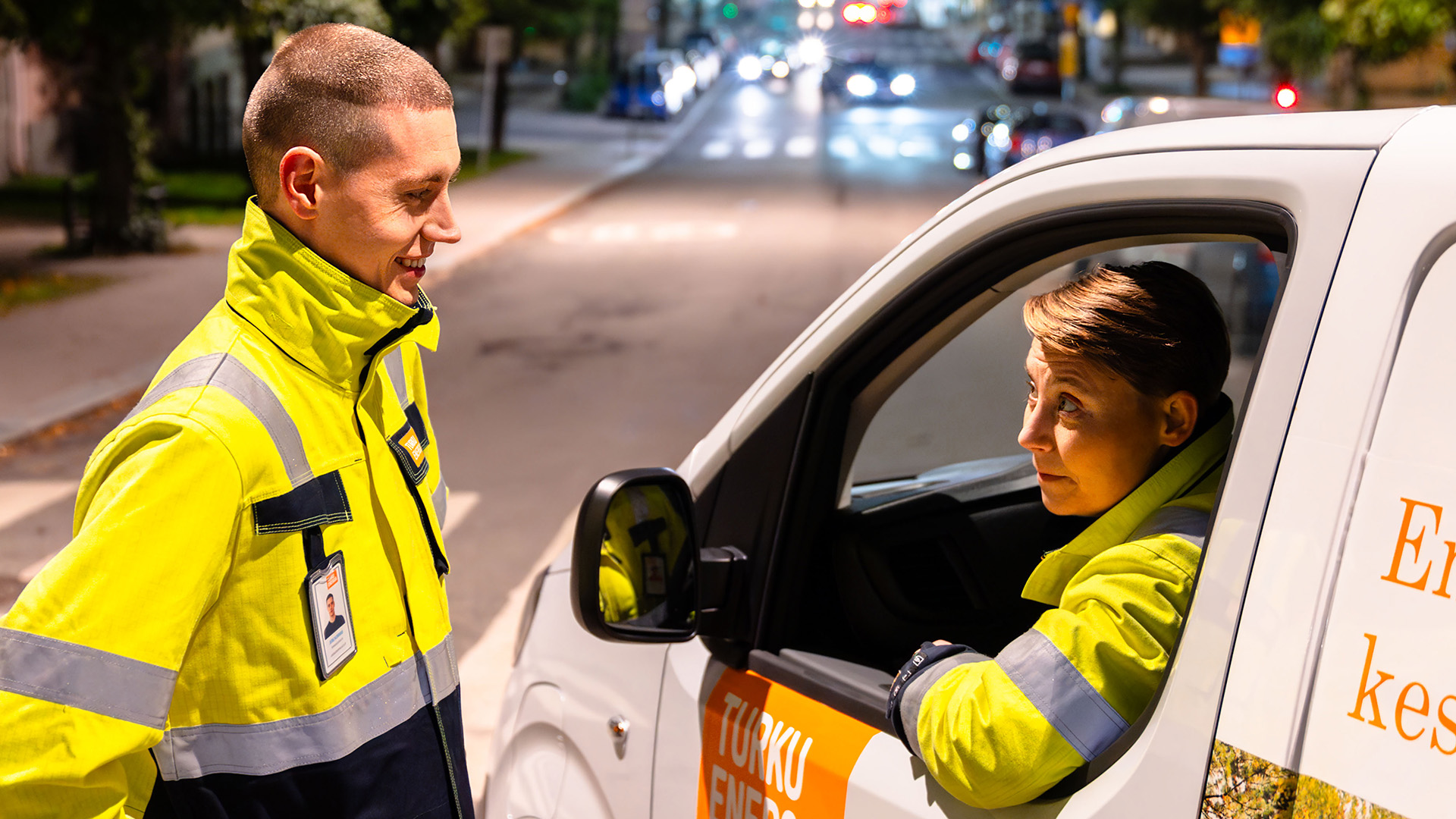
The results of Turku Energia Group improved significantly from the previous year, amounting to EUR 24.4 million. The positive results were influenced by the good results made by the Heat unit and Turku Energia Sähköverkot Oy. The operating results of electricity sales and electricity production were negative.
Turku Energia continued to reduce its emissions, and the share of renewable energy sources in district heating continued to climb. The security of electricity and heat supply remained at an excellent level, and customer satisfaction grew from the previous year. Energy consumption in Turku Energia Sähköverkot Oy's home area decreased moderately by 0.4 per cent from the previous year.
Turku Energia Group’s turnover fell to EUR 408.4 million (2022: EUR 458.1 million). The drop was due to the decrease in the market prices of electricity. Turku Energia Group’s operating profit increased from the previous year, reaching EUR 24.9 million (2022: EUR 1.9 million; the 2022 results were burdened by the write-down of Voimaosakeyhtiö SF and the write-down of an instalment of approximately EUR 4 million recognised as network investments in district heating rental networks since 2012). The Group’s investments totalled EUR 24.9 million (EUR 23.5 million). The investments mainly concentrated on improving and maintaining the transmission capacity and operating reliability of the networks.
Energy Solutions: Consumers and companies in the midst of the energy transition
The Energy Solutions unit provides a wide range of products and services such as electricity products, solar panels, electric vehicle charging solutions, and a tool for energy management and responsibility reporting. Our customers include private consumers, companies, housing companies, municipalities and public organisations. The Energy Solutions unit is also responsible for the Group's customer service functions.
The electricity market calmed down in the aftermath of the 2022 energy crisis, and the sales prices of electricity reverted close to their normal levels during 2023. The average price of electricity decreased by 64% from the previous year. However, the fluctuation in exchange electricity prices was great due to increased wind power production. The daily average price varied from the nearly 30 c/kWh maximum to the -20 c/kWh minimum, which was due to incorrect prices reported by a Norwegian company.
Customer numbers continued to grow strongly on both the consumer and corporate sectors also during 2023. However, the results of electricity sales were negative. On the consumer side, demand for solar panels decreased as electricity prices went down and interest rates went up. Companies continued to invest in solar energy with the responsibility perspective in mind. With the growing number of hybrid and electric cars in traffic, demand for electric vehicle charging solutions continued to grow. Corporate customers and housing companies were particularly interested in topics of responsibility and energy saving.
Throughout the year, customers were kept informed about the functioning of the electricity market and energy efficiency through various communication channels. Customers saved a considerable amount of electricity in their daily use, and saving energy and scheduling consumption is now expected to become standard practice. We also actively informed our customers about the customer benefits included in our loyalty programme, Eturinki.
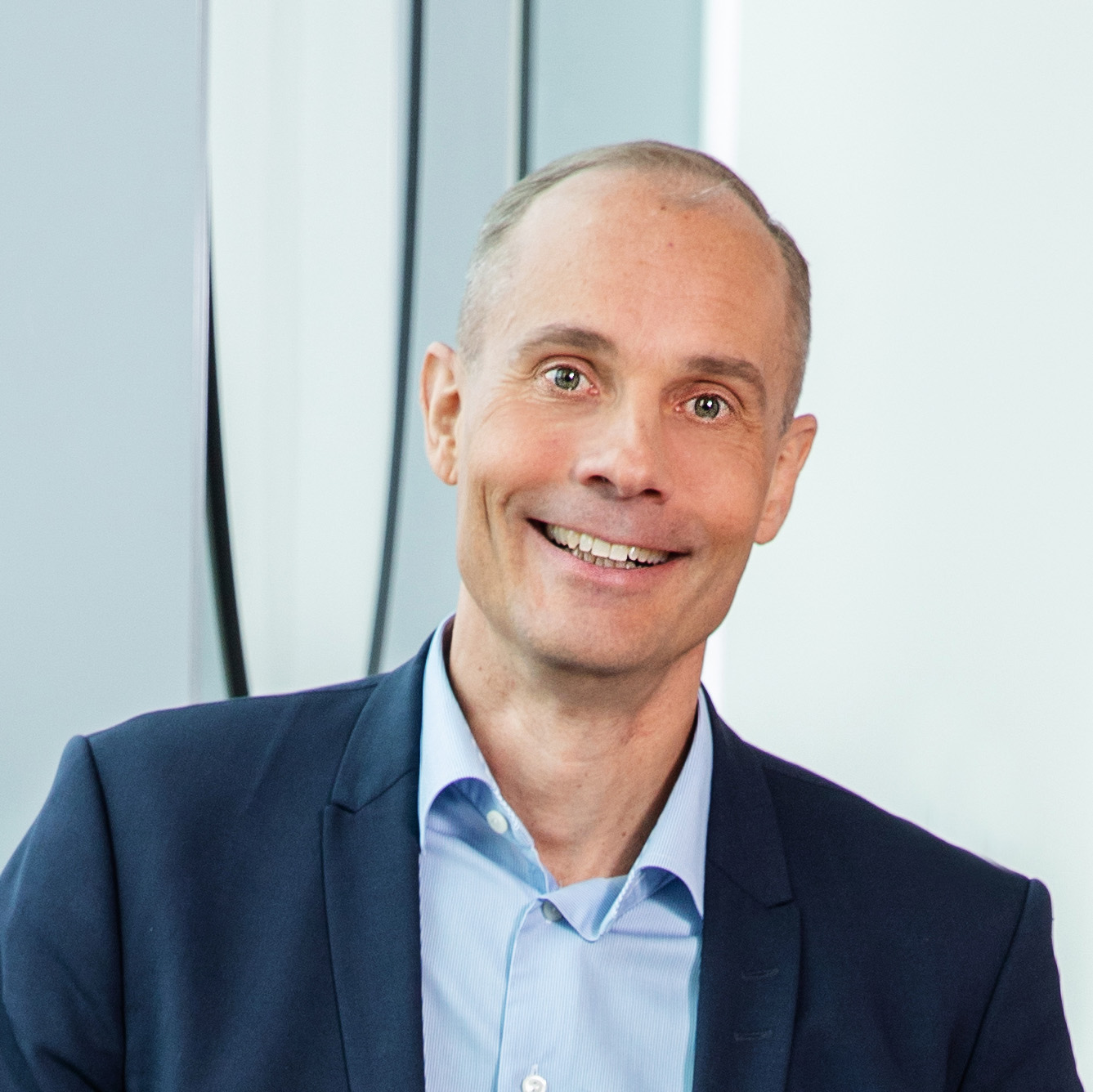
Customer numbers continued to grow strongly in both the consumer and corporate sector also during 2023. The excellent results of our customer satisfaction survey were once again indicative of our customers' trust in Turku Energia. I wish to thank all our customers.
Harri Salo
Sales Director Energy Solutions
Heat: The year was profitable from the financial and environmental responsibility
perspectives
The profitability of the Heat business unit was at a good level, improving from the previous year. The contracted capacities of district heating and cooling increased significantly and customer numbers grew. The continuity of supply to customers of Turku Energia’s heat and cooling remained at an extremely high level in 2023: 99.99%. The price of district heating settled onto a decreasing curve as we were able to optimise production, improve our efficiency and increase electric production. These aspects were also reflected in the drop in our emission allowance prices.
The sales volume of district heating increased from the previous year to 1,905 GWh (1,883 GWh). This was due to a colder year than usual. District cooling was delivered a total of 44 GWh. The amount increased from the previous year. Delivery volumes for steam stayed at the level of the previous year.
Most of the district heat was sourced from Turun Seudun Energiantuotanto Oy’s Naantali power station, the Oriketo bioheat plant and the Kakola heat pumps. District heating was also produced at the Luolavuori pellet heat plant and heat centres used to produce backup and peak heat.
Turku Energia has made determined investments in carbon-neutral energy production. In 2023, the share of carbon-neutral energy sources in district heating procurement was as high as 87% (2022: 78%). Emissions from sold district heating continued to decline in 2023. Compared to year 2014, specific emissions have decreased by a total of 84%.
In June 2023, a flue gas scrubber was introduced at the Artukainen steam generation plant. The flue gas scrubber enables the recovery of the heat energy from the damp flue gases that would otherwise go to waste, which helps reduce the amount of fuel consumed by the plant.
In 2023, Turku Energia made the decision to invest in an electric boiler for the Pääskyvuori substation in Turku. The investment will support Turku Energia's goals of moving from fossil fuels to renewable energy production. Turku Energia also decided to invest in a heat pump for the Biolaakso power station.
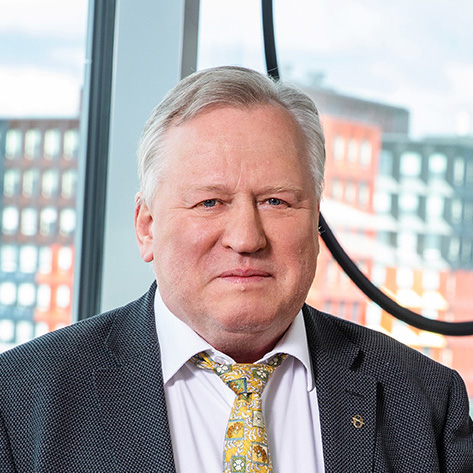
We have made long-term investments in renewable and carbon-neutral energy production. Although the biggest investments have already been made, we will continue to invest in projects of different sizes that are important for achieving our sustainability goals. At the moment, our investment projects are related to the electrification of district heating, maintaining the security of supply of our networks and minimising network losses.
Our investments are always made on commercial terms, which has improved the profitability of our business and promoted sustainable energy production.
Jari Kuivanen
Director Heat
TESV: Electricity network investments promote operational reliability and support the green transition
Turku Energia Sähköverkot Oy (TESV) made a good operating profit, improving from the previous year. Electricity distribution to customers in the company's home area amounted to 1,542 GWh (1,548 GWh). New electricity accounting points totalled 3,559 and at the end of the year the accounting points amounted to a total of 103,705.
The quality of electricity distribution remained at a good level. The average electricity supply interruption time per accounting point was 10 minutes 17 seconds, slightly higher than the previous year. The main reason for the prolongation of the average interruption time was the extensive technical problem that occurred in the Turku city centre area.
TESV did not make changes to its transmission charges during the year, keeping its place among the most inexpensive distribution system operators in the country.
Consumption of electricity in Turku Energia Sähköverkot Oy's network area decreased by 0.4 per cent compared to the previous year. In 2023, the total consumption of electricity in Finland decreased by just over two per cent. In industry, electricity consumption fell by almost 6%, and by up to 8% in the forest industry. Household electricity consumption also decreased somewhat in the first half of the year, but increased again in the fourth quarter due to the cold weather.
Investments were concentrated on improving and maintaining the transmission capacity and security of supply of the electricity network. Investments totalled EUR 14.4 million (EUR 10.3 million). The majority of these were focused on regional renovations and the construction of a weather-proof network. Among the most significant renovation projects were the two-year Vasaramäki renovation completed in 2023, the regional renovation of the Uimarinkatu area in Uittamo and the Eristäjänmutka project.
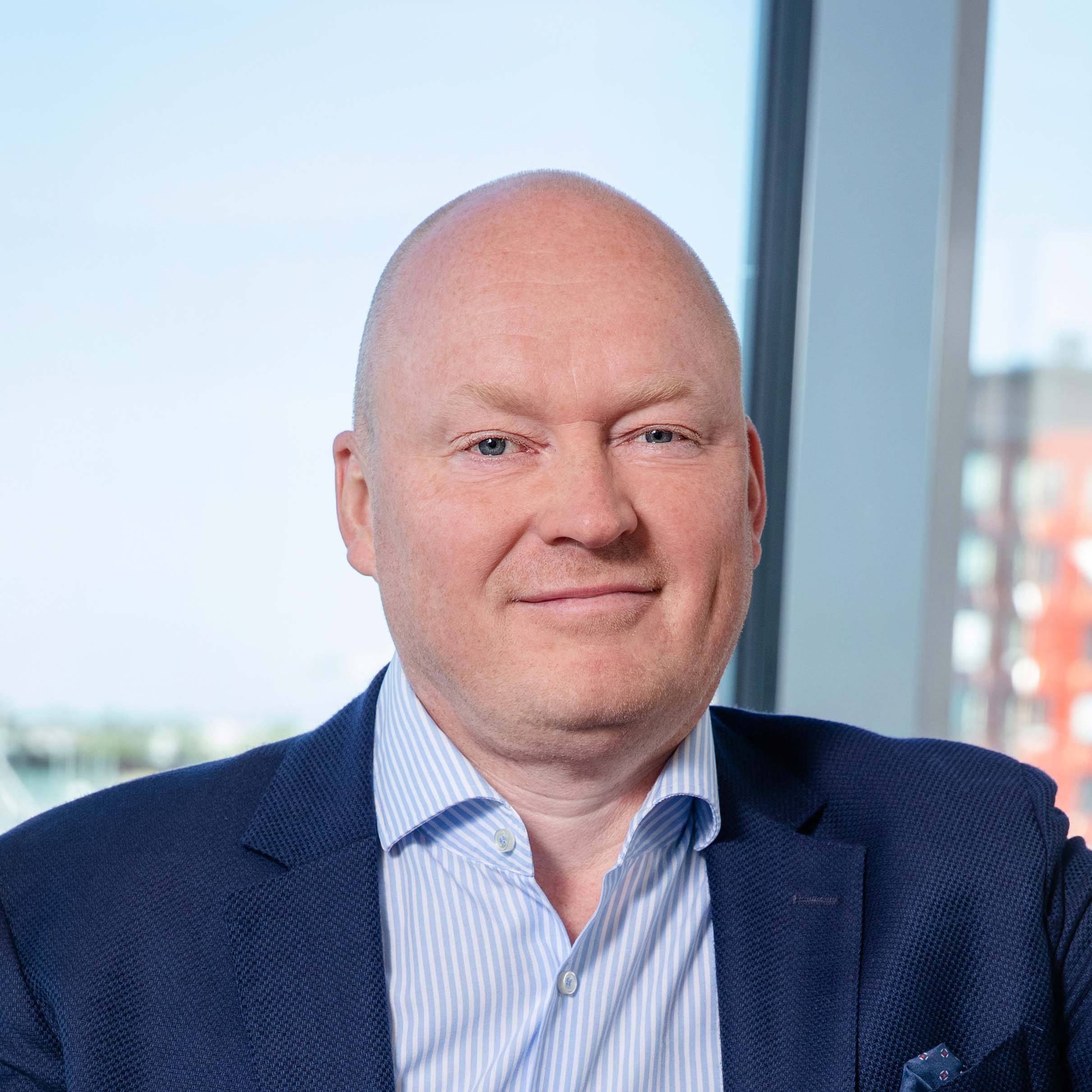
We will continue to invest in a robust electricity network, which is key to ensuring reliable energy supply for all our customers. Our customers are increasingly scheduling their electricity use for the least expensive hours. This is a positive development, but also poses challenges to the networks. Many people using electricity at the same time puts a load on our grid. That is why our investments are of paramount importance.
Robust electricity networks also have a key role to play in the green transition, which requires significant investments in carbon-neutral energy generation and distribution
Tomi Toivonen
Managing Director
Turku Energia Sähköverkot Oy
Network Engineering: Financial growth and development in operations
The Network Engineering business unit serves the Group in various ways. It produces the majority of Turku Energia Sähköverkot Oy's network construction, installation and maintenance services, and also installs service sales products such as electric vehicle charging solutions. The City of Turku is also a major customer of the Network Engineering unit.
In 2023, the unit met its financial targets and exceeded expectations. New projects were won through competitive tendering, and the amount of completed regional renovations and maintenance and renovation work performed at substations was significant. Network Engineering designed and built charging solutions mainly for housing companies, but for businesses as well.
The Network Engineering unit is also responsible for the Group's Warehouse Services function, which was developed in a more versatile direction during the year. Warehouse Services launched new services for the benefit of the entire Group, such as a centralised order service.
The unit is responsible for purchasing and managing the Group's vehicles. In 2023, we focused on the electrification of the vehicle fleet to meet our environmental and climate targets. At the end of the year, around 25 per cent of Turku Energia's cars were either electric or hybrid vehicles.
While occupational safety did not reach as good a result as in the previous year, there were no serious accidents. The unit pays constant attention to occupational safety, and it is also firmly included in the objectives set for 2024.
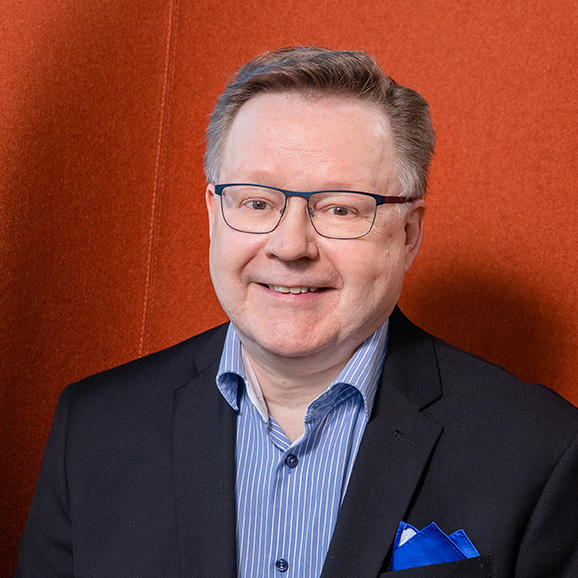
Financially, the year was very successful. We also made some organisational changes in our unit, aiming for better management and, consequently, better well-being at work. We have a good workplace atmosphere, and we invest in occupational safety and the quality and profitability of work.
Harri Salminen
Director Network Engineering
Production Services: Secure and economic heat and electricity production
The Production Services business unit produces operational and maintenance services for the generation plants of our affiliated company Turun Seudun Energiantuotanto Oy and to Turku Energia’s Heat unit. The goal of Production Services is to reliably, safely and cost-effectively produce and distribute electricity, heat, cooling and steam. Production Services also play a key role in achieving the carbon neutrality targets of Turku Energia and the Turku region through production.
In 2023, the availability of the generation plants and networks operated by the unit remained at a good level. The volatility of the electricity market and the fluctuating electricity prices of recent years also influenced the optimisation of electricity and heat production, which included the active use of the electric boiler in the Naantali power plant.
The share of renewable and emission-free energy sources in the production of district heat was as high as 87%. Network losses in district heating were also further reduced through systematic development work, which also helps Turku Energia meet its emission targets. Lost heat is also extensively utilised in district heating production. A flue gas scrubber was introduced at the Artukainen steam generation plant in Turku. Investments were also made in further increasing the energy efficiency of production equipment. The unit also continued to invest in occupational safety; for example, occupational safety training was organised for the personnel, and specific attention was paid to safe mobility and ergonomics at work.
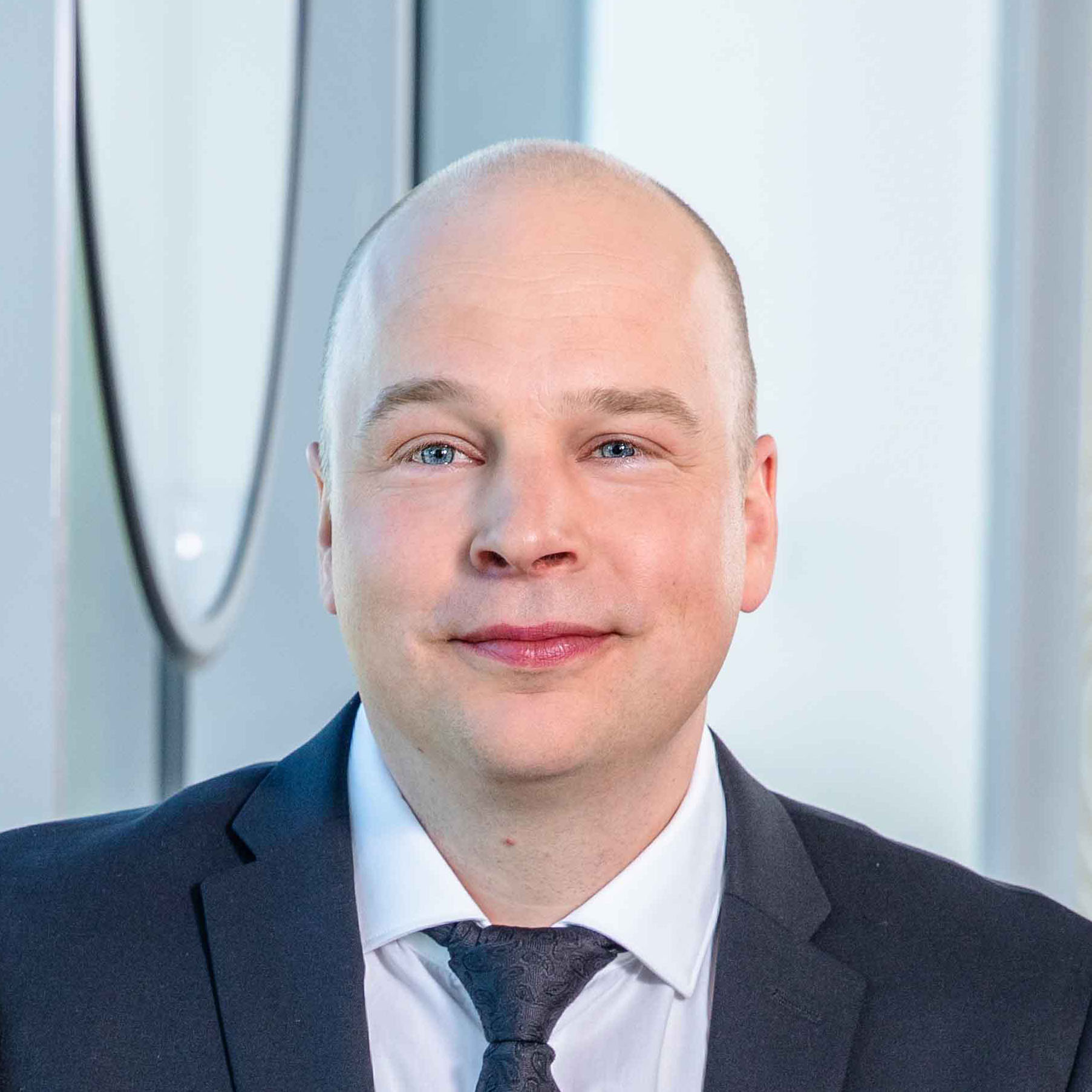
Our main task is to secure the supply of energy, and in that we succeeded again in 2023. Turku Energia's operations are guided by our carbon neutrality targets, and we are now making the dash for the finishing line in reaching carbon neutral production.
Juho Perkonoja
Director Production Services